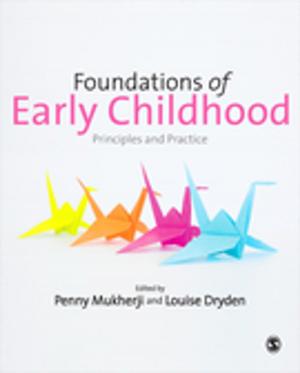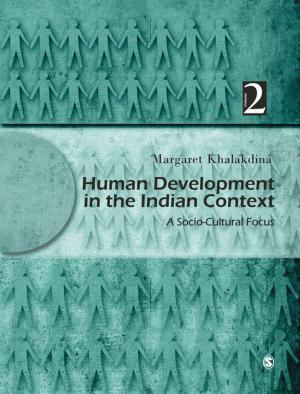Foundations of Comparative Politics
Nonfiction, Social & Cultural Studies, Political Science, International, Foreign Legal Systems| Author: | Dr. William Roberts Clark, Matt Golder, Sona N. Golder | ISBN: | 9781506360713 |
| Publisher: | SAGE Publications | Publication: | August 31, 2018 |
| Imprint: | CQ Press | Language: | English |
| Author: | Dr. William Roberts Clark, Matt Golder, Sona N. Golder |
| ISBN: | 9781506360713 |
| Publisher: | SAGE Publications |
| Publication: | August 31, 2018 |
| Imprint: | CQ Press |
| Language: | English |
Adapted from the groundbreaking bestseller Principles of Comparative Politics, Third Edition!
Foundations of Comparative Politics presents a scientific approach to the rich world of comparative inquiry, research, and scholarship, providing you a guide to cross-national comparison and why it matters. This condensed, more accessible format introduces you to the key questions in comparative politics, using brief insights from tools such as decision, social choice, and game theory to help you understand clearly why some explanations for political phenomena are stronger than others. Foundations concentrates on describing the core features of regimes and institutions and on analyzing how these fundamental attributes drive variation in the economic and political outcomes we care about most. This approach more closely replicates what comparative scholars do: constructing and testing theories on political phenomena over basic memorization of country-specific facts—to explain, rather than describe. Illustrated with current examples that show the application of theory, you will gain invaluable real-world skills in critical thinking and empirical analysis that you will carry with you long after the course is over.
Adapted from the groundbreaking bestseller Principles of Comparative Politics, Third Edition!
Foundations of Comparative Politics presents a scientific approach to the rich world of comparative inquiry, research, and scholarship, providing you a guide to cross-national comparison and why it matters. This condensed, more accessible format introduces you to the key questions in comparative politics, using brief insights from tools such as decision, social choice, and game theory to help you understand clearly why some explanations for political phenomena are stronger than others. Foundations concentrates on describing the core features of regimes and institutions and on analyzing how these fundamental attributes drive variation in the economic and political outcomes we care about most. This approach more closely replicates what comparative scholars do: constructing and testing theories on political phenomena over basic memorization of country-specific facts—to explain, rather than describe. Illustrated with current examples that show the application of theory, you will gain invaluable real-world skills in critical thinking and empirical analysis that you will carry with you long after the course is over.















